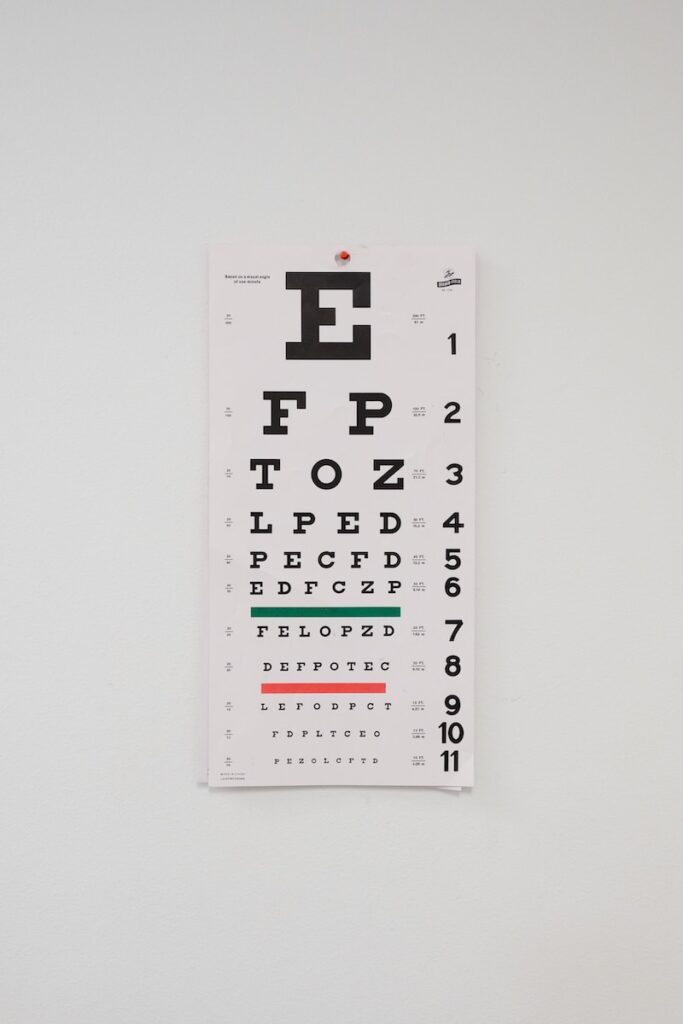Are you tired of wearing glasses or contact lenses? Perhaps you’re considering a more permanent solution to correct your vision. If so, LASIK eye surgery might be the answer you’re looking for. In this article, we’ll discuss everything you need to know about LASIK eye surgery, including its benefits, risks, and eligibility criteria. We’ll also cover the procedure, post-LASIK care, costs, and alternatives.
What is LASIK Eye Surgery?
LASIK, short for Laser-Assisted in Situ Keratomileusis, is a popular refractive eye surgery that can correct common vision problems such as nearsightedness, farsightedness, and astigmatism.
How does LASIK work?
During the procedure, a surgeon reshapes the cornea—the clear front part of the eye—using an excimer laser. This reshaping allows light entering the eye to be properly focused onto the retina, resulting in improved vision.
Types of LASIK
There are several types of LASIK, including traditional, custom (wavefront-guided), and bladeless (all-laser) LASIK. Each type has its unique advantages, and your surgeon will recommend the most suitable option for you based on your specific needs.
Benefits of LASIK Eye Surgery
Improved vision
Most patients experience a significant improvement in their vision following LASIK, with many achieving 20/20 or better. This can make everyday tasks like reading, driving, and watching TV much easier and more enjoyable.
Quick recovery
Recovery from LASIK is generally quick, with most patients returning to their normal activities within a day or two of the procedure.
Reduced dependence on glasses and contact lenses
One of the main benefits of LASIK is the reduced dependence on corrective eyewear. Many patients can eliminate or significantly decrease their reliance on glasses or contact lenses following the procedure.
Risks and Side Effects
As with any surgery, there are potential risks and side effects associated with LASIK.
Temporary side effects
Some patients may experience temporary side effects, such as dry eyes, glare, halos, or light sensitivity. These issues typically resolve within a few weeks to months.
Complications
Although rare, complications can occur during or after LASIK surgery. These may include infection, inflammation, or problems with the corneal flap. In some cases, patients may require additional procedures to correct these issues.
Are You a Candidate for LASIK?
Not everyone is a suitable candidate for LASIK. Several factors determine your eligibility, including:
Age
Candidates must be at least 18 years old, as vision can continue to change during adolescence.
Stable vision
Your prescription should be stable for at least one year before undergoing LASIK.
Eye health
Certain eye conditions, such as severe dry eyes, glaucoma, or cataracts, may disqualify you from LASIK surgery.
Preparing for LASIK Eye Surgery
Before the procedure, your surgeon will conduct a thorough eye examination and review your medical history. They may also recommend that you stop wearing contact lenses for a few weeks before surgery to ensure accurate measurements.
The LASIK Procedure
Step by step
- Numbing eye drops are applied to minimize discomfort.
- A protective flap is created on the cornea using a microkeratome or a femtosecond laser.
- The excimer laser is used to reshape the cornea, based on your specific prescription.
- The corneal flap is repositioned, and the eye is allowed to heal naturally.
The entire procedure typically takes less than 30 minutes to complete.
Post-LASIK Care and Recovery
What to expect
Following the procedure, you may experience mild discomfort, burning, or itching. These sensations should subside within a few hours.
Recovery timeline
Most patients can return to their normal activities within a day or two. However, you should avoid swimming, using hot tubs, or engaging in contact sports for at least two weeks to prevent complications.
LASIK Costs and Financing
The cost of LASIK varies depending on factors such as location, surgeon experience, and the type of procedure. Many clinics offer financing options, making the procedure more affordable for patients.
Choosing a LASIK Surgeon
Selecting an experienced, board-certified ophthalmologist is crucial for ensuring the best possible outcome. Research your options, read patient reviews, and schedule consultations to find the right fit.
Alternatives to LASIK
If you’re not a candidate for LASIK, other vision correction procedures such as PRK, LASEK, or ICL (Implantable Collamer Lens) may be more suitable options.
Conclusion
LASIK eye surgery can be a life-changing procedure for those seeking freedom from glasses or contact lenses. Understanding the benefits, risks, and eligibility criteria can help you make an informed decision about whether LASIK is right for you. Always consult with a qualified ophthalmologist to discuss your options and find the best solution for your vision needs.
FAQs
- How long does LASIK last? While LASIK permanently reshapes the cornea, age-related vision changes may still occur. However, many patients enjoy the benefits of LASIK for years or even decades.
- Is LASIK painful? Most patients report minimal discomfort during and after the procedure, thanks to numbing eye drops and careful post-operative care.
- Can LASIK be repeated if my vision changes? In some cases, LASIK can be repeated or a touch-up procedure called enhancement can be performed to address vision changes.
- How soon can I return to work after LASIK? Many patients can return to work within a day or two of the procedure, though it’s essential to follow your surgeon’s specific recommendations based on your individual recovery.
- Does insurance cover LASIK surgery? Most insurance plans consider LASIK an elective procedure and do not cover the cost. However, some plans may offer discounts or allow you to use flexible spending accounts (FSAs) or health savings accounts (HSAs) to help cover the expense.

